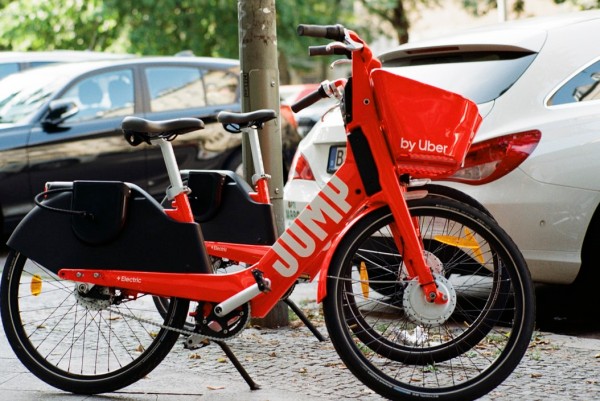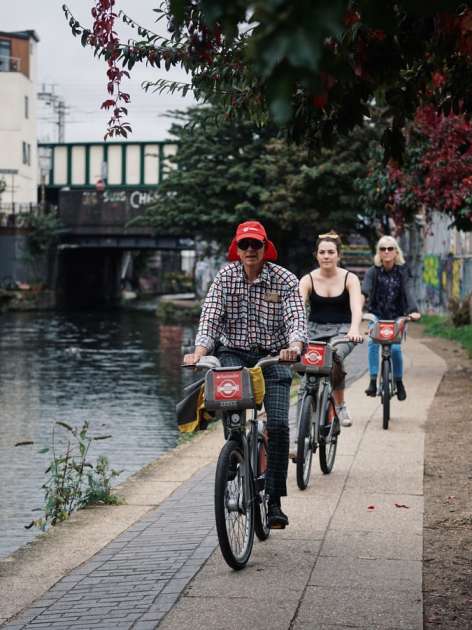
As it stands in the UK it is against the law to use electric scooters, or e-scooters, on public roads. However, they are still allowed on private walkways such as university campuses. This may be coming to an imminent change as the UK is looking to revolutionize its transport industry and have gone as far as to layout government plans of introducing all-new sustainable ways of travel.
On March 15th 2020 the Department of Transport announced they were officially looking into new transport methods and gearing the country toward a major change. It has been debated that the UK is behind many other European countries such as Germany and France in introducing new methods of electric car or scooter travel.
Why the sudden change?
It is far more expensive than it ever has been to own and operate a private vehicle in the UK. Recent studies have shown that about 800,000 households who own a car spend at least 31% of the home’s disposable income on the maintenance and use of a car or other vehicle. In fact, the charity group Sustrans estimated that almost half of all households in England alone have trouble with the finances of car ownership. They further calculate that these same families could save up to £642 per annum simply by swapping a car-based school run for walking or cycling.
There is also the question of the overall positive economic impact sustainable travel will have on the UK. The RAC Foundation estimates that at the current rate the number of cars on the road will increase 43% by 2035 causing all traffic jams to go up by 50%. By 2025 these numbers will equate to an estimated £22 billion in loss due simply to congestion and delays. So not only will a move toward sustainable transport benefit the economy in terms of traffic people using bikes may also cut obesity rates, which currently cost the NHS £4.2 billion a year.
And of course, there is the environment to consider. Already transport contributes 21% to overall carbon emissions in the UK and is set to double by 2035 unless urgent action is taken. Using electric scooters, bikes, electric cargo bikes and drones could greatly offset this number.

So What’s The Proposal?
So far there have only been small trials in certain areas on how e-scooters and drones might work in the UK. However, for the Department of Transport to make an official statement on actual legislation is a major step forward.
Transport Secretary Grant Shapps stated:
“Our groundbreaking Future of Transport program marks the biggest review of transport laws in a generation and will pave the way for exciting new transport technology to be tested, cementing the UK’s position as a world-leading innovator. This review will ensure we understand the potential impacts of a wide range of new transport types such as e-scooters, helping to properly inform any decisions on legalisation. Funding these new Zones across the country will also help us safely test innovative ways to get around, creating a greener future transport system for us all.”
Before e-scooters were classified as private motorised vehicles making the use of a wide sharing scheme with them all but hopeless. However, now local areas will soon be able to choose between proposals of one or two e-scooter companies.
The UK has introduced schemes for sharing and promoting cycling in the past – in particular when Boris Johnson was mayor of London he implemented a massive fleet of drop and go bikes nicknamed the Boris Bikes, which are still used today all across London. There are also various sustainable travel routes across the UK to promote train and boat travel for tourists as well as various charities such as BRAKE to promote road safety and more sustainable travel.

However, the UK is still criticised for falling behind in sustainable travel and although criticism is not misplaced there has been an advantage. Other countries have faced issues with an oversaturation of the e-scooter market, entire streets flooded with scooters from rival companies, often many of them going to waste as people only want to download one or two of the apps. Now the UK will begin to roll out selected companies at a slower rate to bypass the problem. The UK also had a recent controversy with the lift-sharing company Uber and the negative effects it had on the taxi industry, there is more sufficient data based on that for better integrated sustainable travel schemes.
There are plans in place to create experimental new transport zones in Portsmouth and Southampton. In these areas, future transport policies will be tested not just for e-scooters and bikes but even autonomous vehicles. In fact, the two cities will also be exploring bus schemes that work off on-demand models, multi-modal transportation phone apps as well as scooter pilots, e-cargo bikes and medical supply drones.
Beyond this, Derby and Nottingham are using a £15 million grant to develop mobility hubs and push for sustainable transportation choices beside simple bike hire, car shares and e-vehicles. The future of sustainable travel in the UK is promising to be not just major but well planned and better implemented to reach economic and environmental goals.